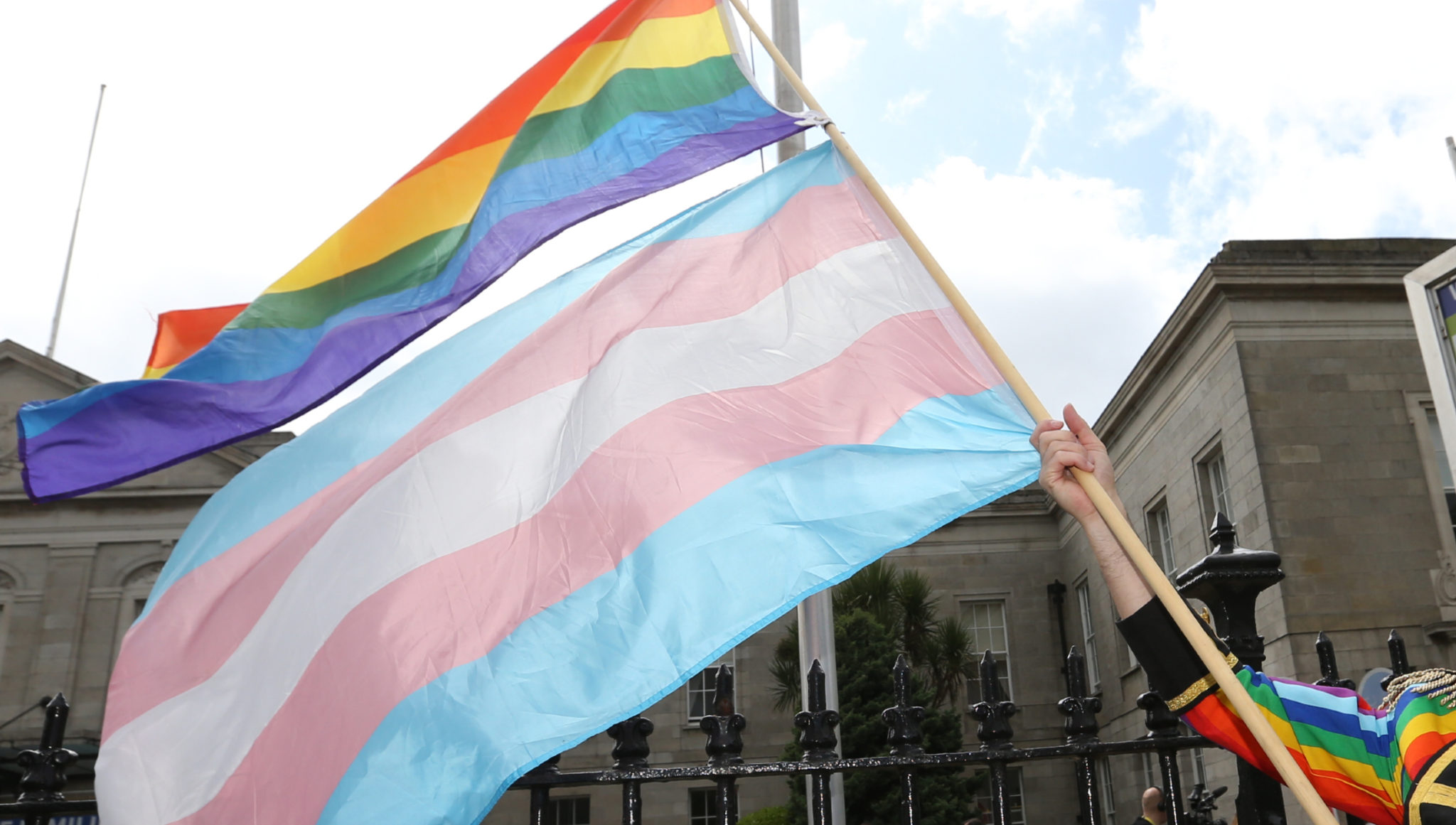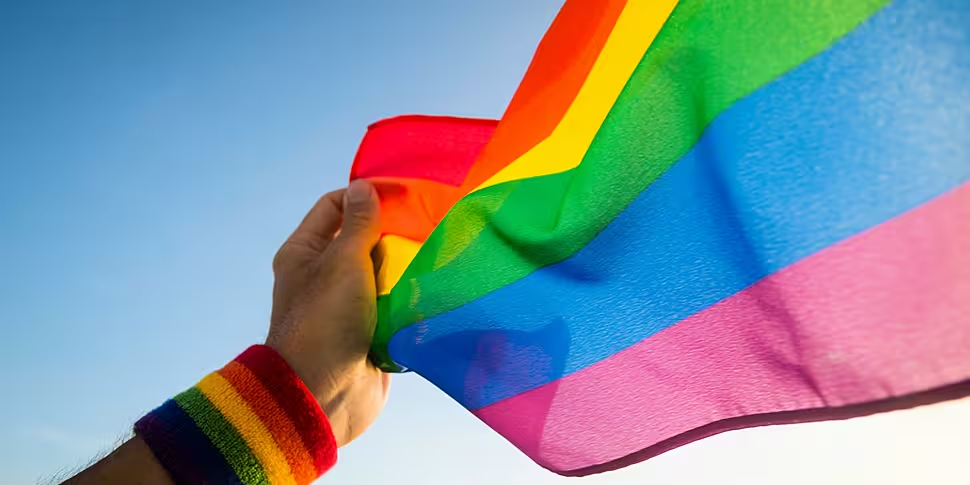A ban on LGBT conversion therapy will be “hard legislation to draft”, a spokesperson for LGBT Ireland has said.
Conversion therapy is when someone tries to change an individual’s sexuality or gender identity.
The most extreme forms of conversion therapy include corrective rape or electric shock therapy.
Other forms include exorcisms or when an LGBT person is threatened with homelessness unless they change who they are.
It is a practice that dates back centuries but has been widely debunked as pseudoscience.
“We know from today that conversion practices are really harmful, it is dangerous and it should be outlawed,” Pádraig Rice of LGBT Ireland told The Pat Kenny Show.
“The research is really clear that, as well as being ineffective, exposure to conversion therapy is associated with poor mental health outcomes, including depression and distress, isolation and suicidal behaviour.”
Recently published research by the School of Nursing and Midwifery at Trinity College has found the practice still exists in Ireland and the Government has promised to introduce a ban within a year.
Concern has been raised in other jurisdictions that the legislation is complex and could end up criminalising pastoral prayer or an individual who merely questions whether an individual is certain about their identity.
“It [the legislative process] certainly is hard but not impossible,” Mr Rice said.
“We know there are 14 countries in Europe that have already done this; Malta, Germany, France and Greece.
“So, it is going to be hard legislation to draft but it’s not impossible to do and there is precedent there and there is international best practice which can be followed.”
 Dublin LGBTQ Pride Manager Eddie Mc Guinness holds the Rainbow and Trans Flag, 23-08-2018. Image: Sam Boal/RollingNews
Dublin LGBTQ Pride Manager Eddie Mc Guinness holds the Rainbow and Trans Flag, 23-08-2018. Image: Sam Boal/RollingNewsOthers have suggested that if an individual freely consents to undergoing conversion therapy, the State has no business banning them from doing so.
It is an argument that Mr Rice rejects.
“You can’t consent to torture, you can’t consent to really harmful practices that will do damage to you,” he said.
Announcing the Government’s support for a ban on conversion therapy, Roderic O’Gorman, Minister for Children, Equality, Disability, Integration and Youth, described it as “a priority for me” and the legislation would be a “a continuance of the State’s assertion of the equal dignity of LGBTI+ persons”.
You can listen back here:
Main image: A hand with a rainbow coloured wristband waving a Pride flag. Picture by: Lazyllama / Alamy Stock Photo









